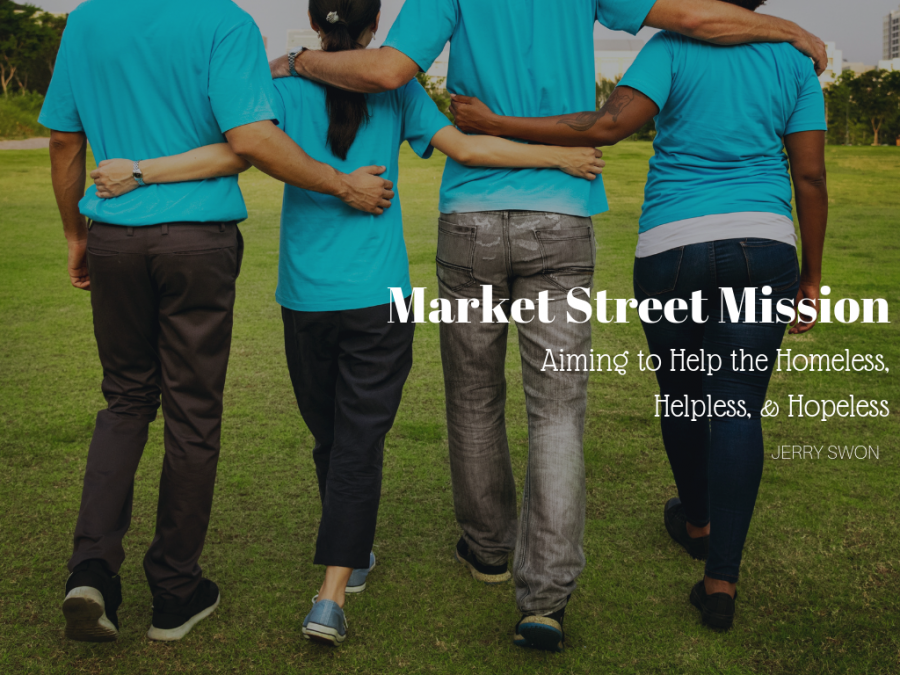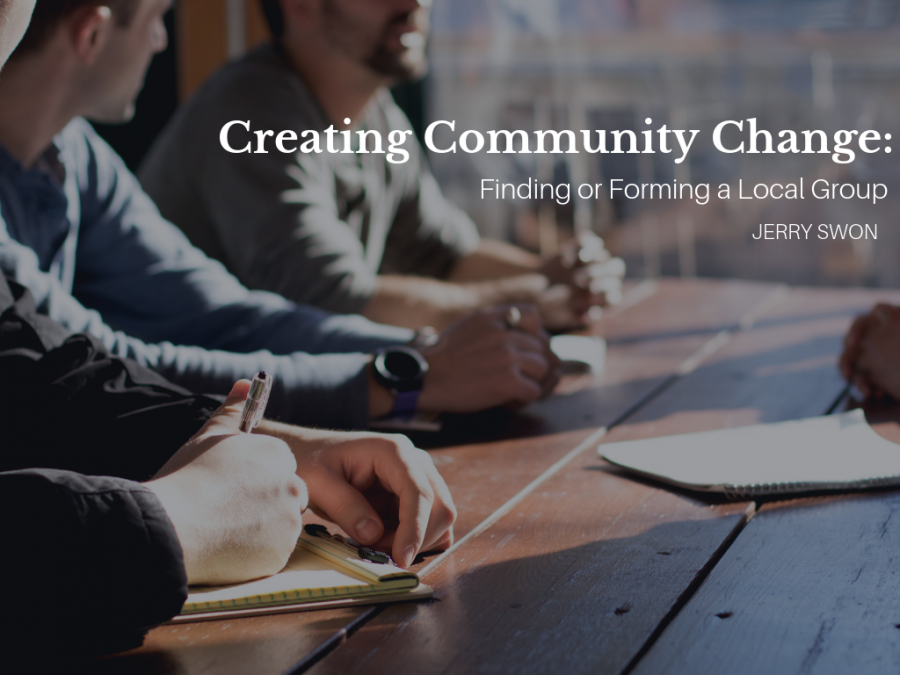Roughly half a million people in the United States experience homelessness each year. With such a large population affected by homelessness, the organizations that seek to help the homeless and offer rehabilitation in addition to food and shelter are inspiring. Market Street Mission of Morristown, New Jersey is one such organization, and they’ve been helping the homeless for more than a century.
Mission
Their mission, as stated on their website, reads, “The Market Street Mission ministers to the homeless, helpless, and hopeless in Northern NJ by meeting their physical, emotional, and spiritual needs through a structured program which enables them to lead responsible, productive lives.” They aim to help those who are disenfranchised or unable to help themselves, and though their mission statement does not directly reference their faith, they also aim to teach the way of Christianity in order to instill hope. They do not shun those who suffer from addiction but rather offer a hand to guide them in the direction of recovery. Overall, the Market Street Mission wants to help provide things like food, shelter, and ministry primarily to the homeless population of New Jersey.
History
In 1889, Louisa Graves Owen realized that many of the women who attended her Bible study classes were married to alcoholics; she, with her husband, opened a residential program for alcoholic men. This program eventually transformed into the Market Street Mission, and the goals turned from only helping alcoholic men to helping anyone, especially the homeless, and teaching the gospel to those who would benefit from hearing it.
Programs
The largest program of this organization is the Life Change Program, which is centered on men who want to make a change in their lives, usually in regards to alcoholism. The program typically lasts a year and entails two phases designed to foster sobriety and promote a sense of community engagement. Therapy and counseling sessions, as well as classes on topics like “Fatherhood” and “Relapse Management” are provided to better care for the needs of the enrolled men.
In addition to the Life Change Program, Market Street Mission hosts daily chapel services open to the public, as well as family counseling services.
Involvement
Donations of canned goods and other non-perishables, as well as monetary donations, are most appreciated, and their website regularly updates a list of current needs for locals to reference. They encourage all to research and educate themselves and others about the issues homeless people face, and to advocate for programs that support those in need. More information on how you can get involved and support their mission can be found on their Make A Difference page.


